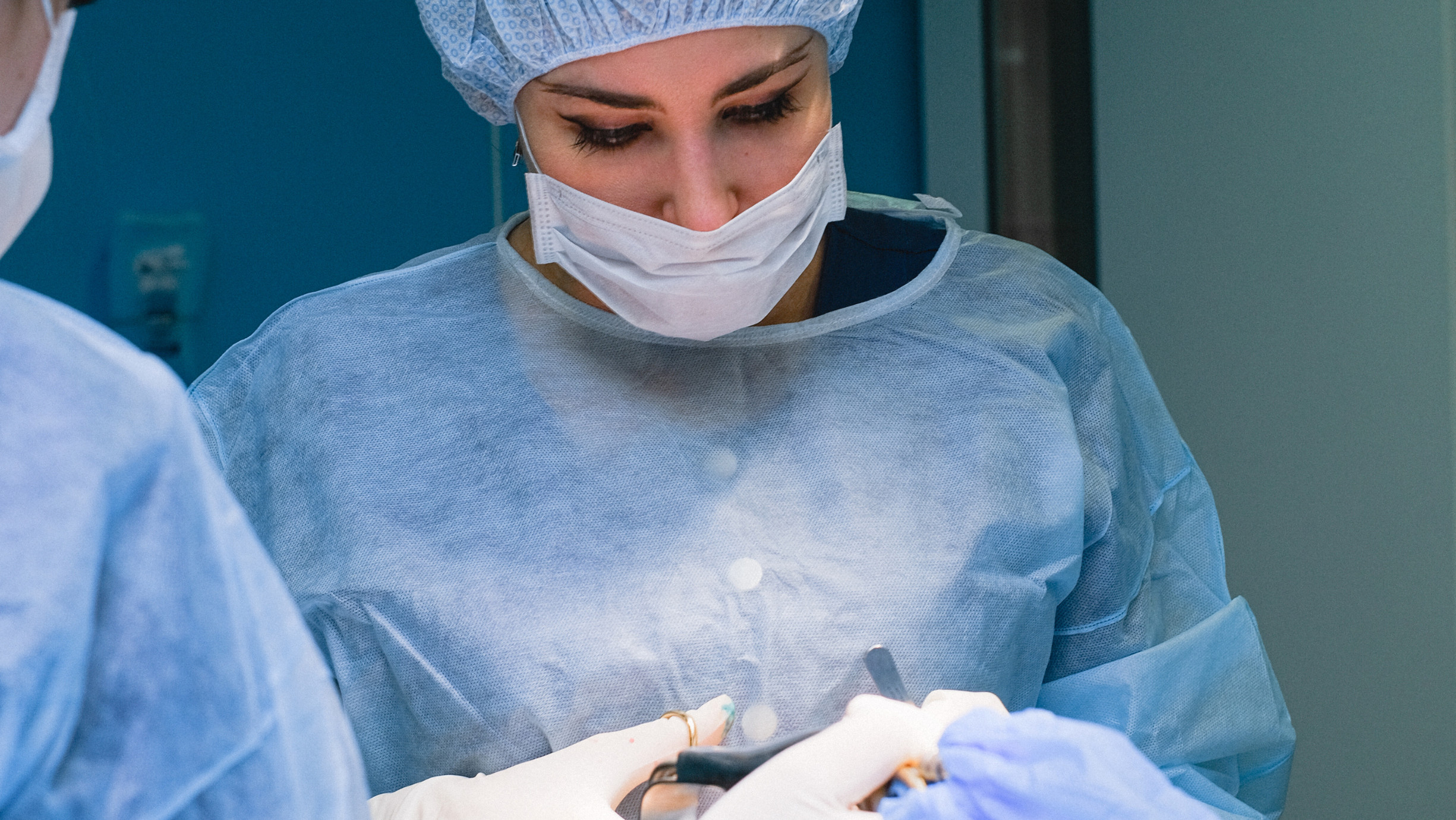Colonoscopy is a medical procedure that allows specialists to examine the colon and rectum to look for any signs of cancer or other abnormalities. During the procedure, the doctor can also remove any small growths called polyps that they may come across.
Colonoscopy is usually recommended for people who have symptoms related to their bowels or have certain risk factors for colon cancer. These risk factors may include a family history of bowel cancer, having an inflammatory bowel disease, or following an unhealthy diet that’s low in fiber and high in fat and calories. It’s also recommended for patients who have a positive result on a FIT test, which is a test done on a small sample of poo to check for the presence of blood.
To determine your risk of developing colon cancer and when it’s appropriate for you to undergo a colonoscopy screening, it’s important to have a discussion with a specialist in digestive health. They will be able to provide you with personalized guidance based on your individual circumstances.
During a colonoscopy, a specialist in digestive health called a gastroenterologist will carefully examine your colon and rectum for any abnormalities. They do this using a long and thin tube called a scope, which has a camera at the end. The scope allows the doctor to see the inside of your colon. The procedure is typically performed at a specialized center called an endoscopy center.
Before the procedure begins, you will be given medication through an intravenous line (IV) to help you relax and feel comfortable. Alternatively, you may have the option to use a pain relief method called ENTONOX or gas and air. This will help manage any discomfort during the procedure. Once you are sedated or using ENTONOX, the doctor will gently insert the scope into your rectum and slowly move it through your colon. They will take images or videos of the colon as they go along. The procedure usually takes around 20 to 30 minutes to complete.
Cleansing the bowel is essential for a successful colonoscopy. A doctor will provide specific instructions on how to do this. They may recommend:
Dietary changes: The day before the procedure, it may be necessary to make some dietary changes, such as eating only a light breakfast and lunch with no evening meal or consuming a liquid-only diet.
Laxatives: It is usually necessary to take laxatives the day before the procedure, either in pill or liquid form. Sometimes, a person may also need to take them on the morning of the colonoscopy.
Most people are ready to go home a couple of hours after their test. If you have a sedative, you will need someone to collect you from the hospital. After having a sedative, you should have someone with you for 12 hours. You should not drive for 24 hours afterwards.
If you only had Entonox® (gas and air), you should be able to drive home when the nurses say you have recovered. You will not need someone to stay with you overnight.
Yes, but potential complications are associated with virtually every form of testing done in medicine. Clearly, colonoscopy has been found to be extremely safe when performed by a well-trained Professional. Although quite rare, most complications are related to sedation administration (cardiac and respiratory problems); the colon may also become partially torn (perforated) and this may require surgery. Rarely, bleeding from polyp removal or from the procedure itself may require additional treatment such as hospitalisation and/or blood transfusions.
A colonoscopy may be required to investigate lower gastrointestinal symptoms, such as:
– bleeding from the rectum
– chronic constipation or Diarrhoea
– FOBT or FIT test (Poo Test) suggesting blood in stools
– Abdominal pain with change in bowel habits.
– have a first degree relative with a history of colon polyps or colon cancer
– are at higher risk due to their personal medical history
– Patients with long standing Colitis or Crohns disease
FIND A SPECIALIST
Find a specialist for your gut problem.
The Gut Clinic UK is a one of largest physician-led platform renowned for its exceptional Gut specialists in the United Kingdom. We take pride in our rigorous selection process for specialists, ensuring that only the most qualified and experienced professionals join our platform.
Our specialists actively engage with patients, providing them with clear explanations, answering their questions, and involving them in the decision-making process.

